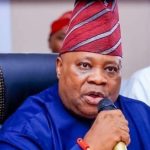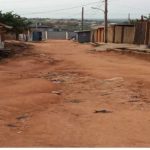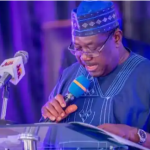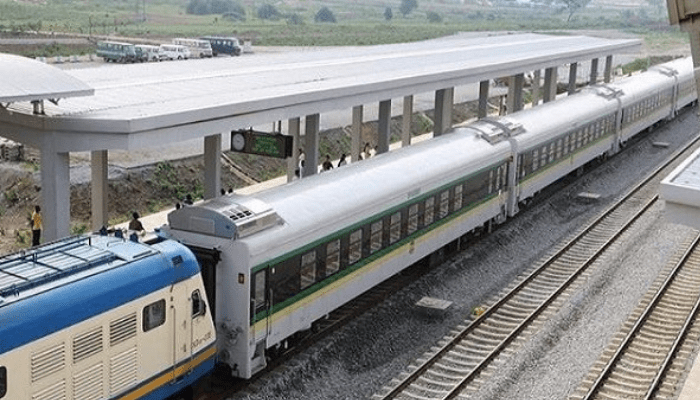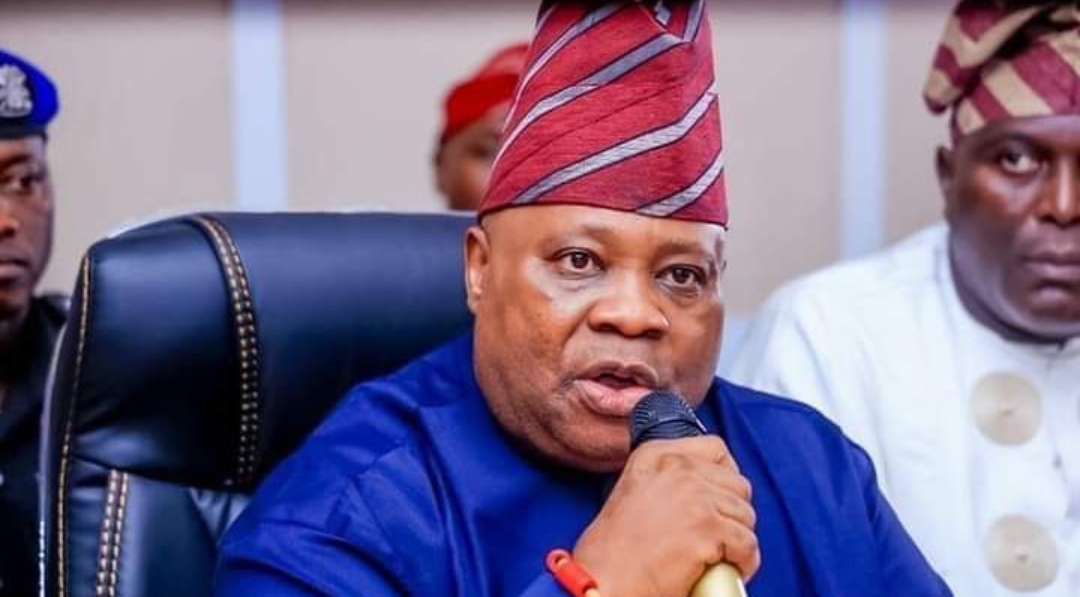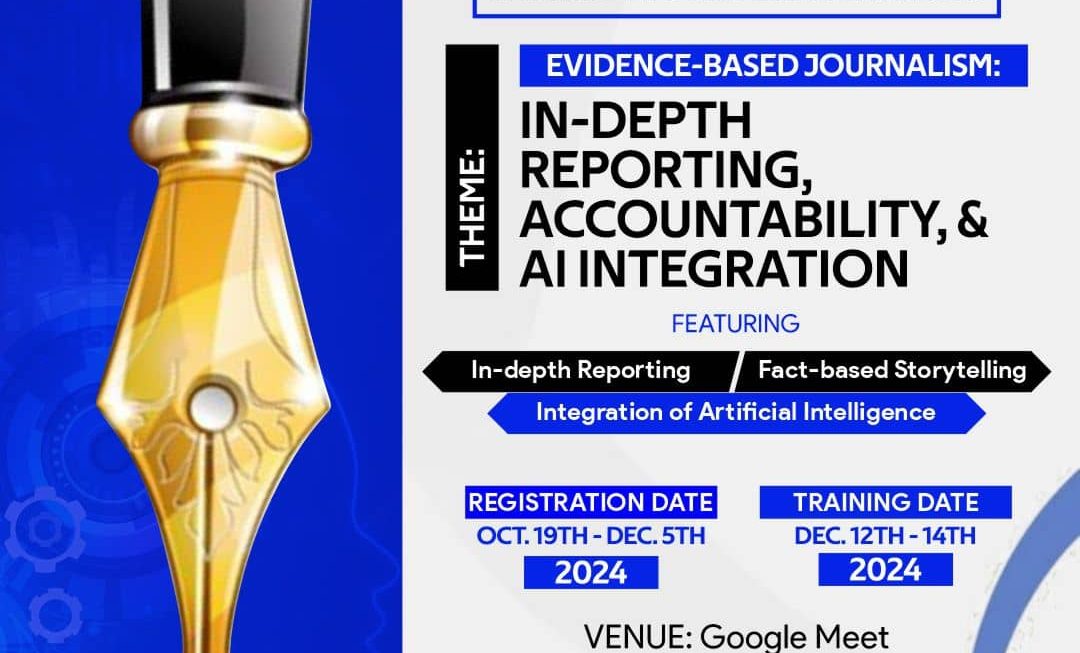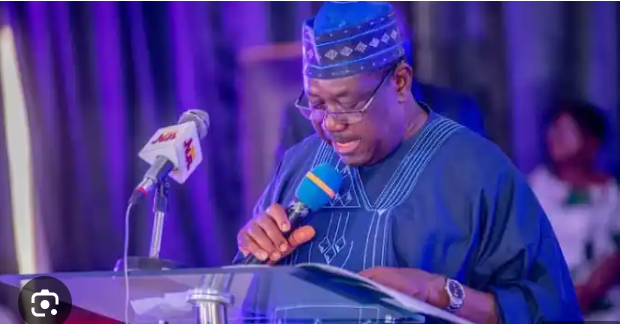Abdulrasaq Kamaldeen
Nigeria’s railway debt repayment has surpassed revenue by 2,470% in Q1 2024. The Nigerian government spent a total of N51.4bn on debt service payments for loans obtained in the first half of 2024 for the Nigeria Railway Modernization Project (Idu-Kaduna Section) and the Nigeria Railway Modernization Project (Lagos-Ibadan Section).
In the first quarter of 2024, Nigeria spent more on debt incurred for building and maintaining its railways than the revenue generated by its railway system. The country spent 2,470% more on railway debt servicing than it made from revenue from rail services in the first quarter of 2024.
According to data from the National Bureau of Statistics, the total revenue from rail services amounted to N2bn in the first quarter of 2024.
The huge debt has sparked mixed reactions on social media.
Onuorah Algore said, “The leaders of the country have failed to prioritize national interest above petty tribal interest. With time, those rail trains will go out of business. A business that doesn’t sufficiently cover daily expenditures and make a profit for the owner is not a business.”
Gideon Davou Pam blamed the government, saying, “Nothing will ever work in this country called Nigeria due to bad and corrupt leadership. God help us and give us good leaders who will stand firm to change the narrative of this country.”
“It’s all about corruption. So much money has been added to the project, which is why the debt is very huge for us to pay.” commented Prince Adi, a Facebook user.
Thompson Osamwonyi Ehiozee suggested that the railway should be privatized. “Let it be managed by private individuals and see how the profit will be massive. In other countries, things like this are privatized so they can be active and more productive, but here the government wants to do it themselves without monitoring.”
Also, Shembe Aondoakaa Destiny said, “The main problem started from the location of the railroads to the administrators. As much as we can blame our government, we should equally learn how to blame ourselves sometimes.”
Ben Ndunaka postulated, “The rail system in Nigeria is still seen as a social service, not a business, run by civil servants! Until there is a PPP arrangement where business entities can invest and run the system efficiently, it will remain corrupt and money in a whole system.”
Daniel Ogbona Aluma added, “All over the world, economic factors (viability) and travel demand patterns are the major determinants of transport infrastructure development. But in Nigeria, it is mostly ethnopolitical driven, hence most of that infrastructure is grossly underutilized and non-viable. The earlier our government begins to consider experts’ opinions on critical infrastructure development as against prioritizing primordial ethnic interests, the better for us as a nation.”

